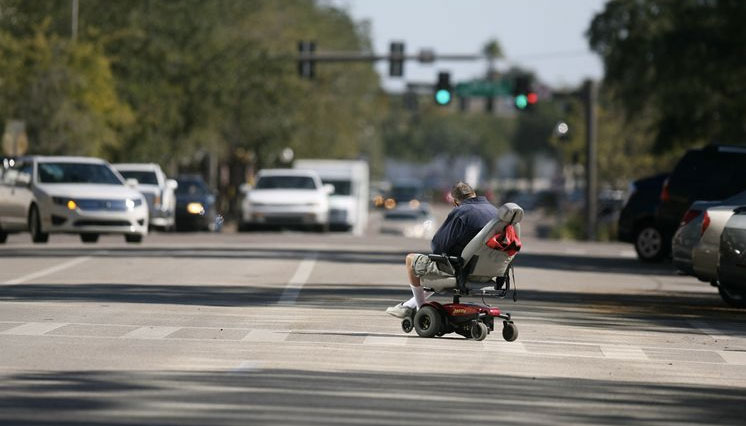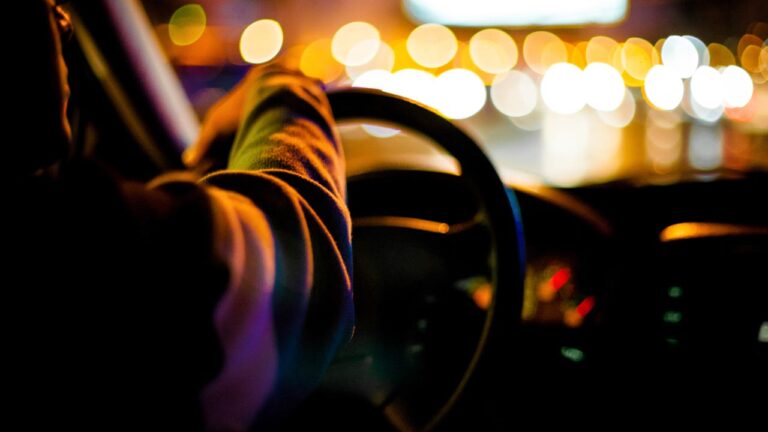What is the Average Bac of Dui Offenders in Pa
In Pennsylvania, the average BAC of DUI offenders is 0.159%. This is well above the legal limit of 0.08%. DUI offenders in Pennsylvania are more likely to be male (85%), between the ages of 21 and 30 (60%), and have a prior DUI conviction (40%).
In Pennsylvania, the average BAC of DUI offenders is 0.15%. This means that, on average, these drivers had a blood alcohol content that was 15% higher than the legal limit of 0.08%. This is a significant difference and it’s one of the reasons why DUI is such a serious offense.
If you’re caught driving with a BAC that’s above the legal limit, you can expect to face harsh penalties, including jail time, fines, and a driver’s license suspension.

Credit: www.ykacrim.com
What’S the Average Bac of Dui Offenders in Pa?
In Pennsylvania, the average BAC of DUI offenders is 0.16%. This is significantly higher than the national average of 0.08%. There are a number of factors that contribute to this high BAC.
First, Pennsylvania has a higher rate of alcohol consumption than most other states. Second, the state has a higher rate of drunk driving per capita. Finally, Pennsylvania’s DUI laws are some of the most lenient in the country.
For these reasons, it is not surprising that the average BAC of DUI offenders in Pennsylvania is so high.
What is the Highest Recorded Bac With a Dui?
The highest recorded BAC with a DUI is 0.40%. This was recorded in Wisconsin in 2010. The driver had a previous DUI conviction and blew a 0.40% on a portable breathalyzer test.
What Bac is Drunk in Pa?
In Pennsylvania, the legal blood alcohol concentration (BAC) limit for driving is 0.08%. This means that if a driver’s BAC is 0.08% or higher, they are considered to be legally impaired and can be charged with DUI. If a driver’s BAC is 0.10% or higher, they can be charged with an aggravated DUI.
What is a High Tier Dui in Pa?
In Pennsylvania, there are three DUI tiers. The first tier is for drivers with a BAC of .08-.099%. The second tier is for drivers with a BAC of .10-159%.
The third and highest tier is for drivers with a BAC of .16% or higher. A driver in the third tier faces much harsher penalties than a driver in the first or second tier.
The penalties for a high tier DUI in Pennsylvania are as follows:
-A minimum fine of $1,000
-A mandatory jail sentence of at least 72 hours
-A one year license suspension
What to expect with your first DUI.
Pa Highway Safety School Dui Test Answers
Most people are familiar with the standard field sobriety tests that police officers use to determine whether or not a driver is under the influence of alcohol. However, there is another test that is sometimes used in Pennsylvania to make this determination, and it’s called the Pa Highway Safety School DUI Test. This test consists of eight different questions, and each one must be answered correctly in order for a person to pass.
So, what are these eight questions? Let’s take a look at them now.
1. How many drinks containing alcohol have you had in the last hour?
2. How many ounces of liquor did each of those drinks contain?
3. What was the last time you ate food?
4. On a scale from 1 to 10, how would you rate your level of intoxication right now?
5. Are you taking any prescription medications that could possibly impair your ability to drive safely?
6. Have you used any illegal drugs within the past 12 hours?
7. Have you consumed any over-the-counter medications within the past 12 hours that could potentially affect your driving abilities?
8 Would you like me to call someone for you so they can come pick you up?”
These are all pretty straightforward questions, but they’re important ones nonetheless.
If you want to avoid getting a DUI in Pennsylvania, be sure to brush up on your knowledge of the Pa Highway Safety School DUI Test before heading out on the road!
Conclusion
Based on data from the Pennsylvania Department of Transportation, first-time DUI offenders in Pennsylvania have an average BAC of 0.165%. This is well above the legal limit of 0.08%. Offenders with a BAC of 0.16% or higher are more likely to be involved in accidents, and they are also more likely to be repeat offenders.





